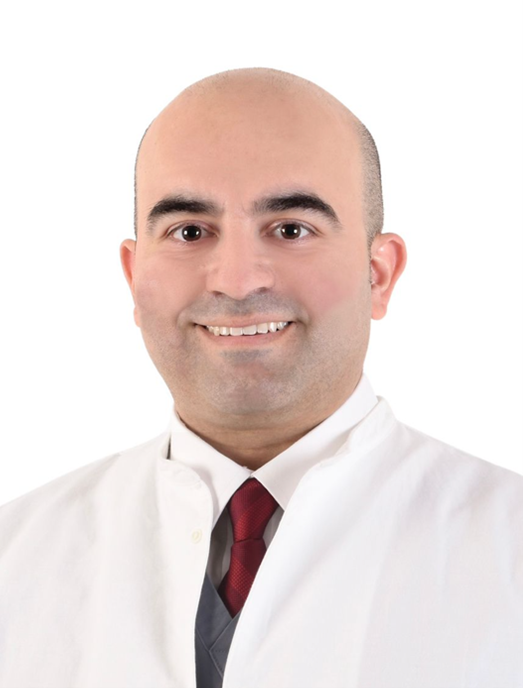Advancing Oral Health Care for the Ageing Population: Exploring Gerodontology and Geriatric Dentistry
A special issue of Geriatrics (ISSN 2308-3417).
Deadline for manuscript submissions: closed (3 September 2025) | Viewed by 24564
Special Issue Editors
2. Department of Reconstructive Dentistry and Gerodontology, School of Dental Medicine, University of Bern, Bern, Switzerland
Interests: reconstructive dentistry; prosthetic dentistry; aesthetic dentistry; cosmetic dentistry; laminate veneers; implant dentistry; digital dentistry; implant surgery; evidence-based dentistry; medical education
Special Issues, Collections and Topics in MDPI journals
Interests: dentistry; odontology; stomatology; operative dentistry; restorative dentistry; prosthodontics; dental materials; CAD/CAM dentistry; esthetic dentistry; cosmetic dentistry; laminate veneers; optimization of protocols
Special Issues, Collections and Topics in MDPI journals
Special Issue Information
Dear Colleagues,
We are delighted to announce a Special Issue of MDPI’s journal Geriatrics, titled “Advancing Oral Health Care for the Ageing Population: Exploring Gerodontology and Geriatric Dentistry”. This Special Issue aims to showcase cutting-edge research and clinical insights that improve oral health outcomes and enhance the quality of care for older adults. As the global population continues to age, addressing the unique dental needs and challenges older individuals face becomes increasingly important. This Special Issue invites high-quality research articles exploring a wide range of topics, including clinical decision making, case reports, qualitative studies, mixed methods research, and advancements in areas related to the prevention, diagnosis, treatment, promotion, and maintenance associated with the oral health of the ageing population. We encourage the submission of qualitative studies, mixed methods research, case reports, clinical cases, and case series that contribute to our understanding of effective clinical decision making in geriatric dentistry. By sharing your work, you will play a vital role in shaping the future of oral health care for older adults and advancing the field of gerodontology. MDPI’s journal Geriatrics has an Impact Factor of 2.3 and is indexed in PubMed. It is classified in the second quartile (Q2) under the Health (Social Science) category in SCOPUS. This Special Issue aims to publish high-quality articles that provide valuable insights and practical implications for improving oral health care for the ageing population. We invite researchers, clinicians, and academicians to submit their original research, review articles, and case reports to this Special Issue. By contributing your work, you will help expand the knowledge base in geriatric dentistry and foster collaborative efforts to address the unique oral health challenges older individuals face. We look forward to receiving your submissions and sincerely appreciate your valuable contributions to this Special Issue.
Dr. Kelvin Afrashtehfar
Dr. Carlos A. Jurado
Guest Editors
Manuscript Submission Information
Manuscripts should be submitted online at www.mdpi.com by registering and logging in to this website. Once you are registered, click here to go to the submission form. Manuscripts can be submitted until the deadline. All submissions that pass pre-check are peer-reviewed. Accepted papers will be published continuously in the journal (as soon as accepted) and will be listed together on the special issue website. Research articles, review articles as well as short communications are invited. For planned papers, a title and short abstract (about 250 words) can be sent to the Editorial Office for assessment.
Submitted manuscripts should not have been published previously, nor be under consideration for publication elsewhere (except conference proceedings papers). All manuscripts are thoroughly refereed through a single-blind peer-review process. A guide for authors and other relevant information for submission of manuscripts is available on the Instructions for Authors page. Geriatrics is an international peer-reviewed open access semimonthly journal published by MDPI.
Please visit the Instructions for Authors page before submitting a manuscript. The Article Processing Charge (APC) for publication in this open access journal is 1800 CHF (Swiss Francs). Submitted papers should be well formatted and use good English. Authors may use MDPI's English editing service prior to publication or during author revisions.
Keywords
- gerodontology
- geriatric dentistry
- clinical decision making
- case reports
- clinical cases
- qualitative study
- mixed methods research
- vertical dimension of occlusion
- dental implants
- overdentures
- edentulism
- periodontal disease
- maintenance
- fixed dental prosthesis
- radicular caries
- alveolar bone loss
- aging population
- oral health quality of care
- quality of life
- airway management
- conservative dentistry
- palliative dentistry
- narrative reviews
- systematic reviews
Benefits of Publishing in a Special Issue
- Ease of navigation: Grouping papers by topic helps scholars navigate broad scope journals more efficiently.
- Greater discoverability: Special Issues support the reach and impact of scientific research. Articles in Special Issues are more discoverable and cited more frequently.
- Expansion of research network: Special Issues facilitate connections among authors, fostering scientific collaborations.
- External promotion: Articles in Special Issues are often promoted through the journal's social media, increasing their visibility.
- Reprint: MDPI Books provides the opportunity to republish successful Special Issues in book format, both online and in print.
Further information on MDPI's Special Issue policies can be found here.







